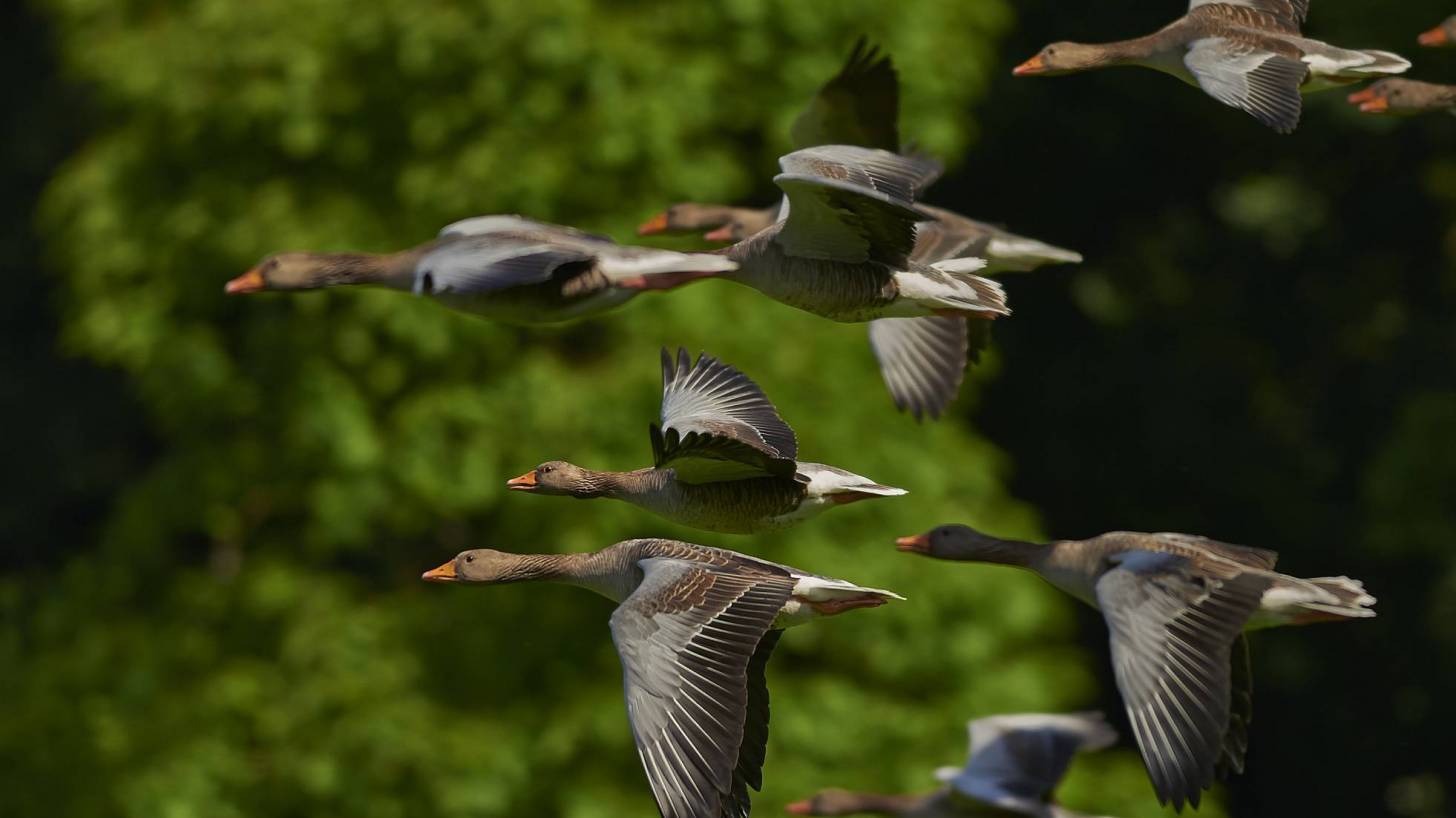Bird-Flu Vaccine Clinical Trials Launch

The National Institutes of Health (NIH) says it wants to have a vaccine ready if there is an H7N9 pandemic.
This is because most people have little to no immunity to H7N9, which is an avian (bird) influenza virus.
The NIH says if the virus mutates and becomes easily transmissible between humans, 39 percent of infected people with bird flu could die.
People typically become infected with this type of influenza virus through direct exposure to poultry and not from another person.
No human cases of H7N9 influenza have been detected to date in the United States.
The H7N9 virus strain was first reported in humans in 2013 in China. Subsequently, six waves of H7N9 infection have occurred there, resulting in 1,565 human infections and 613 deaths, according to the World Health Organization in January.
Influenza viruses, with the vast silent reservoir in aquatic birds, are impossible to eradicate. There are four types of influenza viruses: types A, B, C, and D, says the WHO.
Influenza type A viruses are classified into subtypes according to the combinations of different virus surface proteins hemagglutinin (HA) and neuraminidase (NA). So far, there are 18 different hemagglutinin subtypes and 11 different neuraminidase subtypes.
Humans can be infected with avian, swine and other zoonotic influenza viruses, such as avian influenza virus subtypes A(H5N1), A(H7N9), and A(H9N2) and swine influenza virus subtypes A(H1N1), A(H1N2) and A(H3N2).
The new version of the vaccine candidate uses an inactivated form of H7N9 influenza virus collected in 2017, to increase the likelihood that the vaccine will provide immunity against a newly-evolved strain of H7N9, which is currently circulating in the wild.
These Phase 2 clinical trials, NCT03312231 and NCT03318315, will last 16 months, will test the effectiveness of different dosages of the inactivated influenza vaccine candidate, called 2017 H7N9 IIV, in conjunction with other vaccines.
The studies also will evaluate whether an adjuvant boosts the immune responses of people receiving the vaccine.
“As we experience one of the worst seasonal influenza epidemics in recent years here in the United States, we also must maintain a scientific focus on novel influenza viruses, such as H7N9, that have the potential to cause a pandemic,” said NIAID Director Anthony S. Fauci, M.D.
“These new clinical trials will build upon initial studies of earlier versions of an H7N9 vaccine candidate to provide a more detailed picture of its safety and ability to generate a protective immune response to current H7N9 strains.”
The two clinical trials will test the experimental 2017 H7N9 inactivated influenza vaccine developed by Sanofi Pasteur.
These trials are supported by the Biomedical Advanced Research and Development Authority (BARDA), a component of the U.S. Department of Health and Human Services Office of the Assistant Secretary for Preparedness and Response. NIAID funded previous research on the earlier version of the vaccine. The adjuvant is produced by GSK’s vaccines business, with support from BARDA. Both clinical trials will be conducted by the NIAID-funded network of Vaccine and Treatment Evaluation Units (VTEUs).
For more information about the two clinical studies referenced in this press release, please see the Questions and Answers or visit ClinicalTrials.gov.
The National Institutes of Health is the nation's medical research agency, includes 27 Institutes and Centers and is a component of the U.S. Department of Health and Human Services. For more information about NIH and its programs, visit www.nih.gov.
Our Trust Standards: Medical Advisory Committee


























